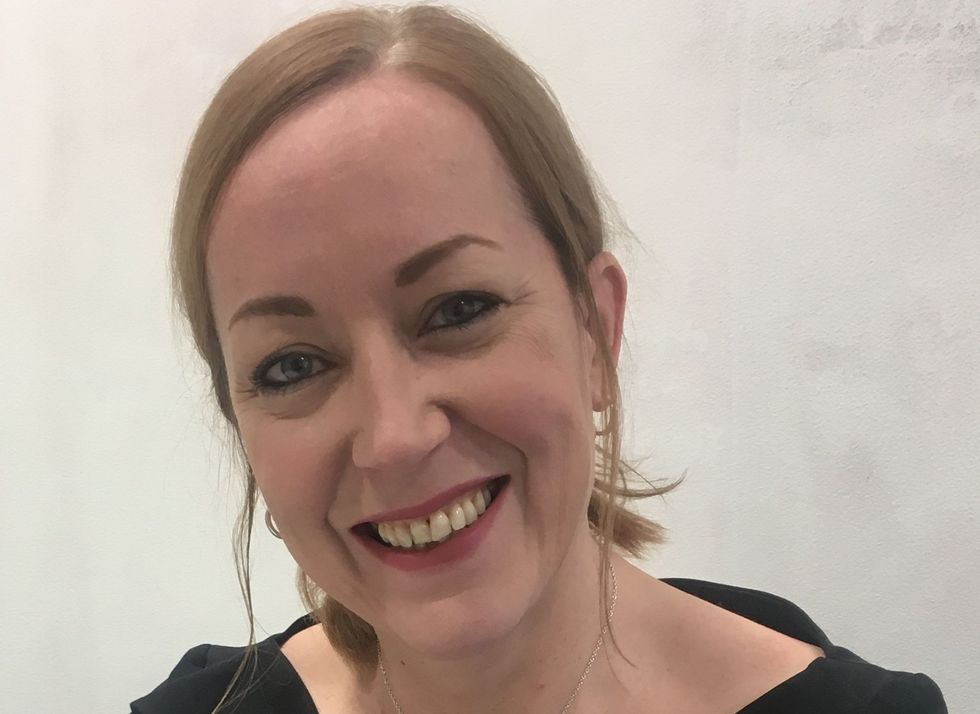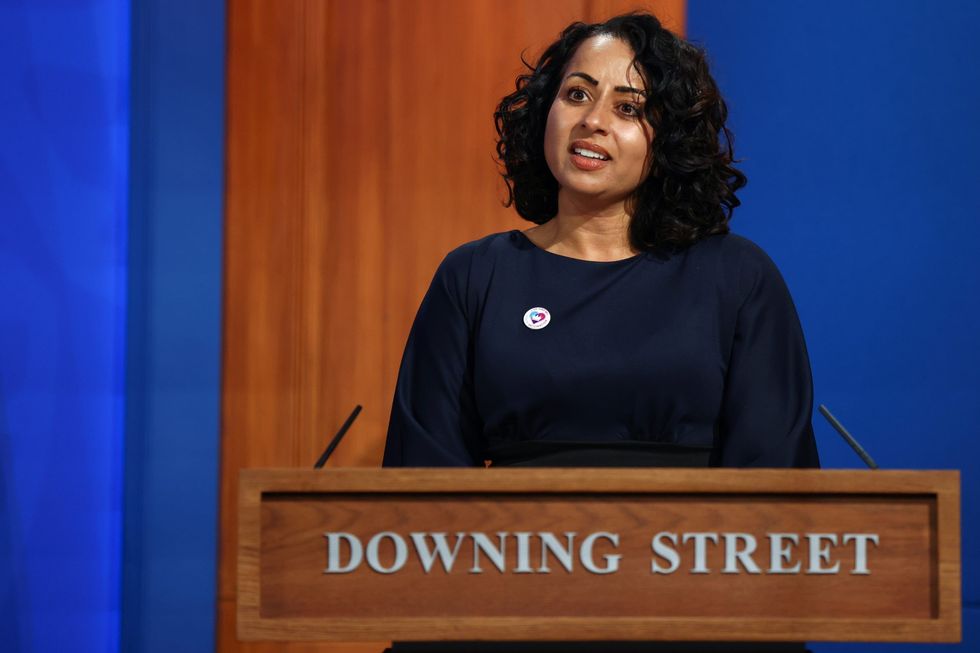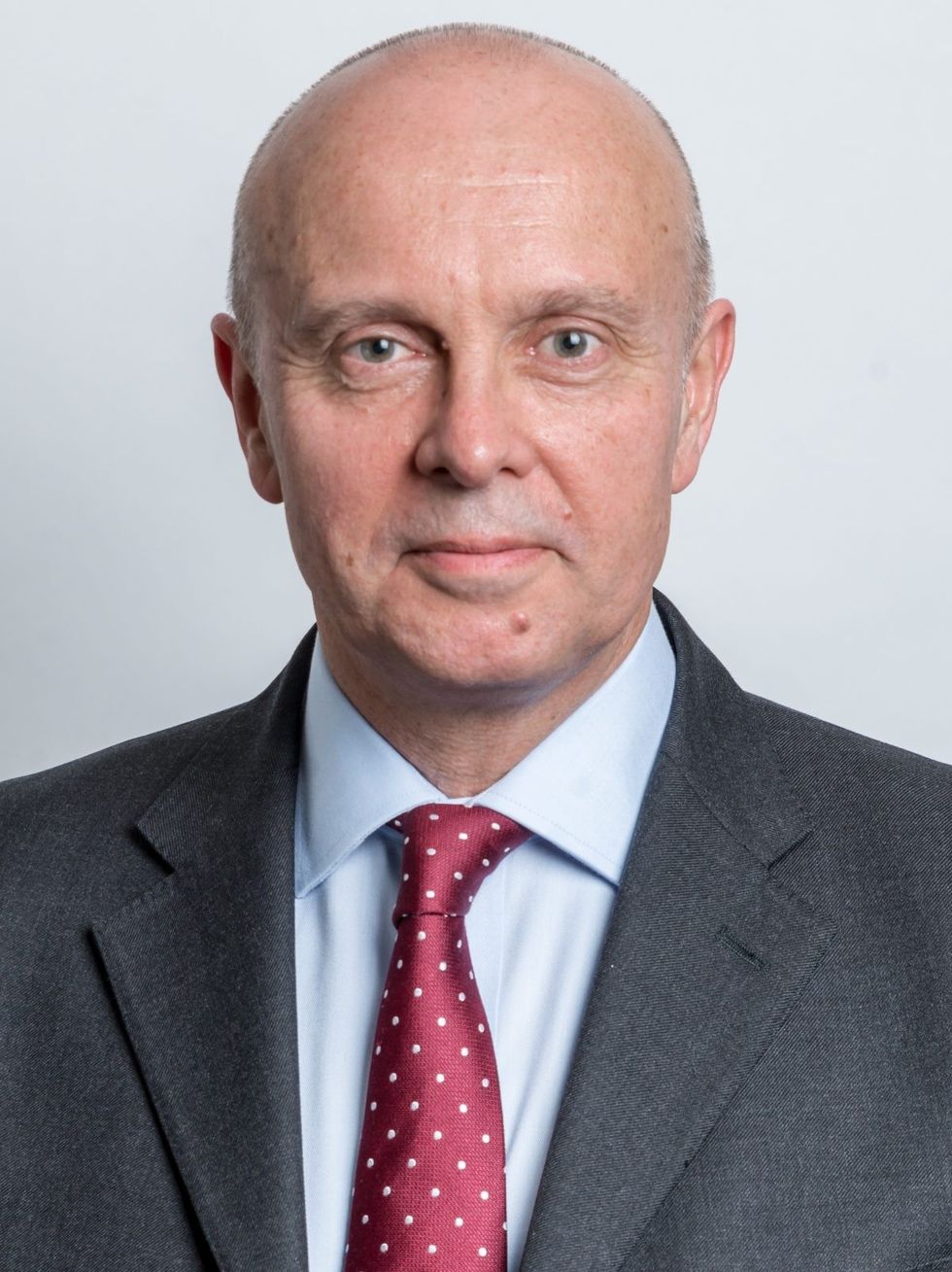Experts tell annual conference sector must scale up its integration process
PHARMACIES will need to scale up integration and innovation processes in order to meet the growing demand from patients, guests and panellists said at the sixth annual Pharmacy Business Conference held online last Tuesday (21) and Thursday (23).
Spread over two evenings, the conference was hosted by Pharmacy Business magazine, a sister title of Eastern Eye and published by the Asian Media Group. It was chaired by Pharmacy Complete associate director Michael Holden and addressed by Dr Catherine Duggan chief executive officer of International Pharmaceutical Federation (FIP); Dr Nikita Kanani, medical director of primary care for NHS England and NHS Improvement; Anne Joshua, head of Pharmacy Integration at NHS England and NHS Improvement and Ali Sparkes, director of Happiness & Technology The Health Dispensary.

As the country recovers from the Covid-19 pandemic and the changes in the health and social care sector, community pharmacy will play a pivotal role in future, the conference heard.
And with the introduction of integrated care systems (ICS) in the UK, community pharmacy will be at the heart of the change, said Joshua.
“Clinical leadership is fundamental, across the whole of the ICS right through that multidisciplinary team, and community pharmacy professionals have a key role to play in this,” she said.
Joshua added that work done during the pandemic has proven that community pharmacy, working along with other professionals within the ICS, can provide a strong voice to the local communities.
Under the new system, every part of England will be covered by ICSs from April 2022. ICSs have been created to bring about big changes in how health and care services in England are planned, paid for and delivered. They are a key part of the direction of travel for the NHS as outlined in the NHS Long Term Plan.
By 2023 they will bring together providers and commissioners of NHS services to plan health and care services to meet the needs of the local population across a geographical area.
Acknowledging the importance of community pharmacy in the Covid vaccination drive, Dr Kanani said “incredible work” done by pharmacies and their teams helped in avoiding 143,600 Covid-19 hospitalisations, 24 million infections, and more than 110,000 deaths.

“Not only have you (community pharmacy) delivered on this programme, you’ve made sure our most diverse communities have had access to the vaccine, at a time when demands of pharmacy and the health system are significant.
That’s exactly what integration means in the context of pharmacy,” she said.
Other speakers at the event included Simon Dukes chief executive officer of the Pharmaceutical Services Negotiating Committee (PSNC); Julian Mount, managing director of Alliance Healthcare UK; Jeremy Meader, managing director of Numark, Ashley Cowen sales and operations director of McKesson UK.
Even small pharmacies will have a significant role in future as they are going to provide a wide range of services that not only patients need, but the NHS too, said PSNC CEO Simon Dukes, during a panel discussion last Thursday (23).

With the expansion of New Medicine Service (NMS), introduction of Community Pharmacy Consultation Service (CPCS), smoking cessation and hypertension case finding services, the role of pharmacies in their communities has become crucial, he added. “And the size of the pharmacy to be able to do that is also irrelevant up to a point,” he added.
However, it is important for the sector to adapt and address challenges such as workforce, digital data, integration of pharmacy services, and medicines optimisation, speakers said.
“As a sector we need to be match ready at a local level and nationally for those changes. We’ve got to get our house in order to meet those needs,” said James Wood, director of Contractor & LPC Support, PSNC.
Dukes also highlighted the challenges faced by pharmacies such as capacity building, cost and funding model.
Last month, the government announced to keep funding for the Community Pharmacy Contractual Framework (CPCF) unchanged at £2.592 billion for the year 2021-2022, keeping the allocation same for the third consecutive year.
Tech-savvy independent prescriber and owner of Hodgson Pharmacy, Amish Patel, said using innovation and technology is the best way possible for pharmacies to boost income and ensure efficiency in services. It will also allow the time and resources for pharmacies to start offering new services.






 Purushottam Agrawal and Linda Hess in conversation with Sanjoy K Roy
Purushottam Agrawal and Linda Hess in conversation with Sanjoy K Roy Swaransh Mishra, Kirpal Singh Panesar and Rajvir Singh Bhachu
Swaransh Mishra, Kirpal Singh Panesar and Rajvir Singh Bhachu












